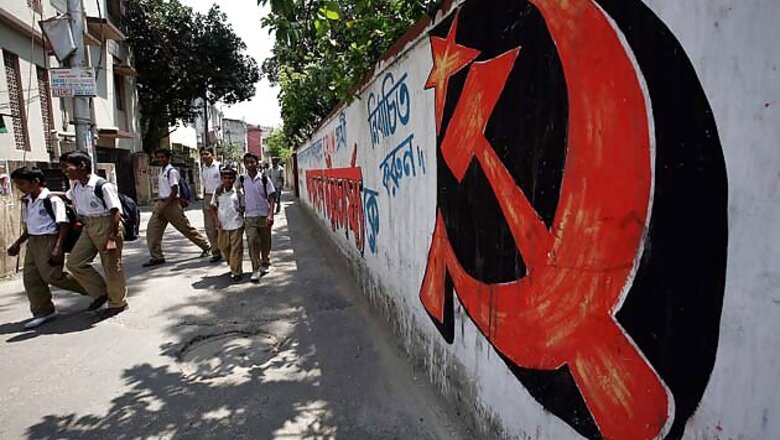
views
Even as trade unions the world over are celebrating May Day with rallies, holidays and discussions, questions are being asked about the role of labour outfits in the changed liberal and globalised scenario. "Trade unions everywhere are losing their revolutionary character and are seen degenerating into litigation committees, striking deals and bargains with managements. Their preoccupation is no longer waging a class struggle or sharpening the political consciousness of their members but winning small mercies from the establishment," says socialist commentator Paras Nath Choudhary.
Frequent wild cat strikes by trade unions may reflect the disenchantment and alienation of workers with the system and the pauperisation of the masses, but there seems hardly any effort by the working class to wage a relentless struggle for restructuring society according to Marxist thinking. The Indian working class movement provides an interesting study. In the true mixed economy tradition, our unions have evolved their own operational model which resembles neither the doctrinaire-socialistic nor the capitalistic-industrial democratic model.
Karl Marx visualised that the working class would eventually become the vanguard of socialist revolution, with trade unions acting as the organising centres for uniting the forces of workers competing with one another and for giving them elementary class training. But experience has shown that these institutions have emerged neither as independent centres of power nor as schools of socialism and solidarity.
Of late we have seen a tendency of most unions to appear "apolitical". Many have refused to make political statements that could lead to change of governance. For instance, how many unions got involved with Anna Hazare's anti-graft movement? Union leaders do not realise that the genuine interests of workers lie not so much in the percentage of dearness allowance or gain in salary structures but in the real purchasing power of money which depends on the political and economic policies of a government.
What is the role of a trade union in today's context? Speculating on what role future trade unions will play, professor John Galbraith had observed that they will have a drastically reduced function in the industrial system and retreat more or less permanently into the shadows. In practical terms, the main function of union leaders is to "keep the fellows in order" to help keep the industrial wheel running at any cost. It is not surprising therefore that in the industrialised West, trade unions are considered an extremely vital part of the establishment and involved in the decision-making process.
Today's grim reality is that as institutions of labour activism, they cannot challenge the system or even question the existence of a society based on a division of classes. The history of the trade union movement in India proves that the unions can never be a vehicle of advance towards socialism. They are tied to capitalism and therefore cannot transform or rebel against the given system.
Forget what Marx thought and the expectations of the New Left, the trade unions today only promote sectarian interests. What can a union of bank employees or LIC workers or even airlines executives have in common with unions of agricultural workers or small units' workforce? "Why should the employees of a Nav Ratna public sector enterprise work for changing the system? Why should they work for revolution? Their interests are well taken care of," says Choudhary.
The isolated case of a big union's involvement with the changing of the system was the 18-day long railway strike in 1974 by George Fernandes that hastened or created conditions for imposition of emergency. Clearly, the trade union movement is at a crossroads. It has to redefine its agenda and its ideological parameters. Organising rallies to promote sectarian interests is one thing, but getting involved with a larger struggle to usher in socialism and leading the working class to dismantle the feudal-capitalism complex is quite another.
Today's trade union movement has lost interest in Marxism. The lifestyle of senior trade union leaders who sit with the other board members of big enterprises renders them unfit for any meaningful role for the diffusion of prosperity.
(Brij Khandelwal/IANS)















Comments
0 comment